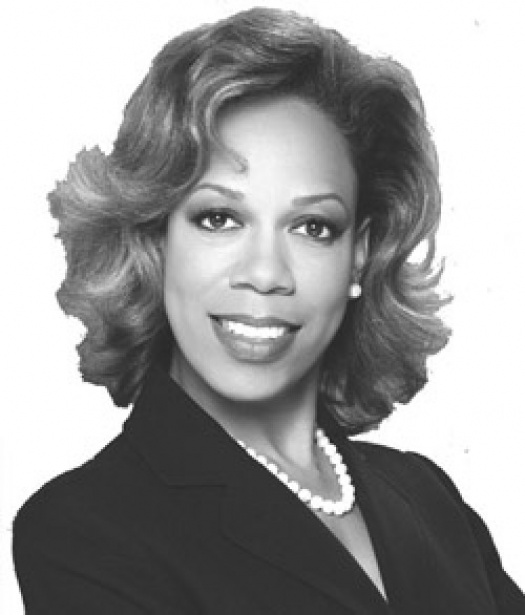
Last fall while in Memphis, I was rushing to a business meeting at the Civil Rights Museum and caught a glimpse of the adjacent Lorraine Motel, which is part of the museum. I became transfixed. Even though I was running late, I stopped to take a closer lo
Like a typical tourist, I immediately sought out the room and the spot on the balcony where the civil rights leader had fallen. Instinctively, I whipped around and gazed across the street wondering where the gunman had fired the fatal shot. Standing there, it felt surreal and incredulous that all of that had taken place right where I stood.
But unlike most tourists, I have a more personal connection to the Lorraine Motel: I used to live there. Two months after Dr. Martin Luther King Jr. was slain, my parents, two brothers and I stayed at the Lorraine Motel temporarily as my parents waited for the courts to rule on the desegregation of a housing complex not long after moving to Memphis from Chicago.
I was a toddler then, so I don’t recall what it was like to pack a family of five into a room in a place associated with such evil and despair. My parents would later tell us what a frightening time that was.
This Friday marks 40 years since King was assassinated on the balcony of the Lorraine Motel. April 4, the date of King’s death, doesn’t draw the attention that his birthday observance does every year. But for the people of the African Diaspora, it is worthy of acknowledgement and reflection.
For members of my mother’s generation, King’s death left a permanent scar and would influence their perceptions about race and social justice well into their Golden Years. For those of my generation, April 4 became significant because our parents made sure that it did. When I was a child growing up in Memphis, Dr. King’s image could be found on everything from coffee table books to gospel album covers to church fans.
Even for those too young to remember that fateful day, the Lorraine Motel is a name that invokes feelings of remorse and anger across generational lines. Just standing in the spot where King was slain that day was haunting, too, but for other reasons. It reminded me that some of the very demons that dogged our past are still with us today.
Sure, things are better now (and hasn’t there been much ado lately about how much better they are?). But today’s racial discourse – from the Jena 6 to the reversal of affirmative action and school desegregation laws – should remind us that the poor, the under-educated and the politically disempowered remain vulnerable.
Before his life was cut short, Dr. King had been heightening his advocacy for the poor and the disenfranchised. If he had lived, I wonder what he would have said about U.S. welfare policies and housing projects.
Would he have espoused conspiracy theories, or focused on action plans? Sadly, 40 years after King’s death, when it comes to progress, the African American community is still doing the cha-cha – 1, 2, move on up, 3, 4, go right back.
And a big reason for that, I believe, is the fact that Blacks own so little of the nation’s wealth (around 3 percent). We have to respond less predictably and more strategically to lingering problems in the Black community.
How we respond to problems, be they economical, social, political, or all three at the same time, represents the next link in the chain toward progress. When I became the first woman to lead the Chicago Urban League, you might say that I broke with tradition when I shifted the civil rights organization from a social service model to focus solely on economic development and empowerment. But it was more than that.
The League’s economic agenda, called projectNEXT, is the next step toward progress, a bold and broad-based new direction that is multifaceted, multigenerational and inclusive. This past year, people have asked me, ‘How did you know this bold new direction was the right thing to do?’ I know because it worked for my father, Charles Robinson.
He moved his family to Memphis during the turbulent 1960s. In the South, white businesses would not hire him so he struck out on his own and used his financial knowledge to help Black businesses grow and create bridges to the mainstream.
My father helped Black entrepreneurs create wealth and they, in turn, created wealth for others by hiring Black people in the community. That’s the kind of economic power that drives lasting social change. A job you can raise a family on, a home that you own, and the ability to invest in your education and in your community.
My father passed away in 2003, but he left me with a powerful roadmap to follow, as did Dr. King. On Friday, April 4, I will honor the ultimate sacrifice he made by challenging myself to find ways to advance his vision. Hope you’ll join me.
______ Copyright 2008 Chicago Defender. All rights reserved. This material may not be published, broadcast, rewritten, or redistributed.
